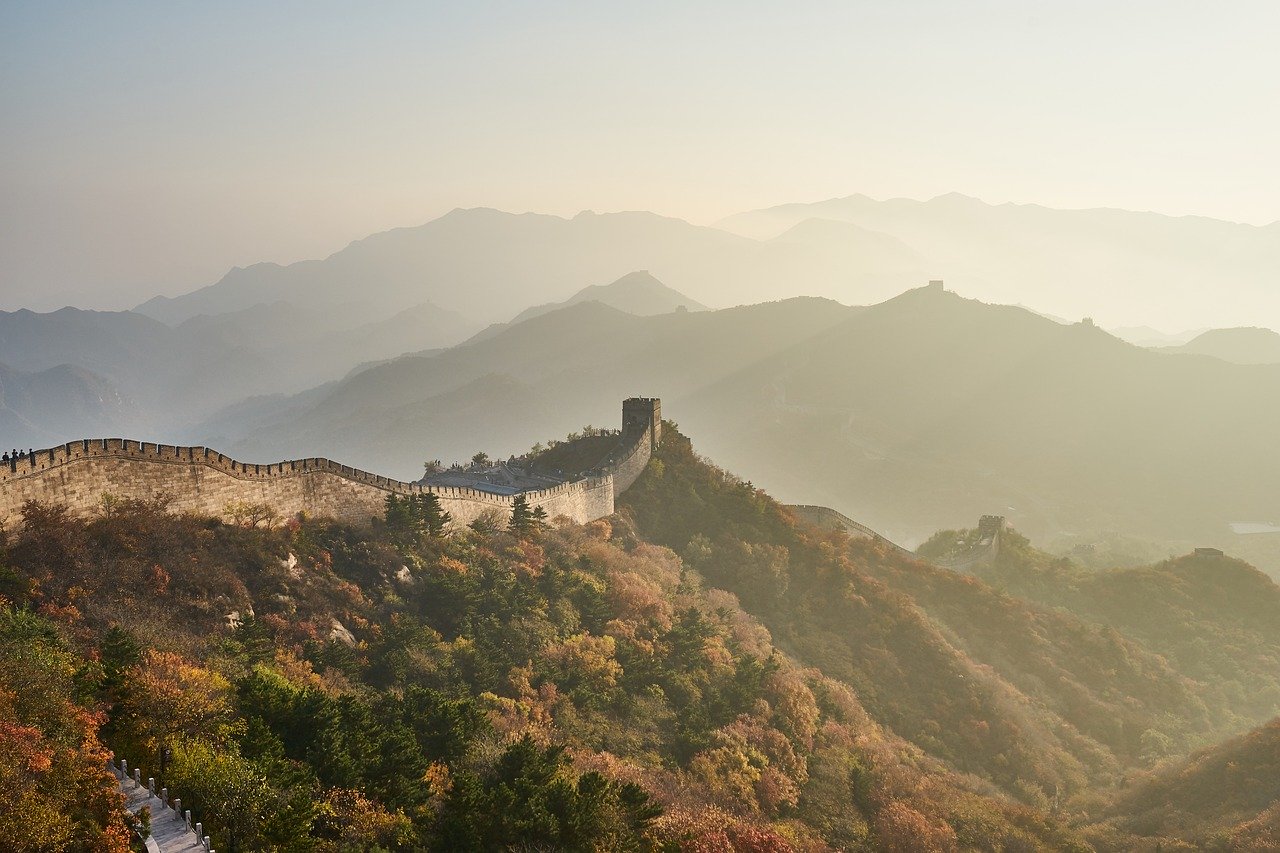
Geopolitics
Will China Become the World’s Largest Economic Superpower Because of Coronavirus?
Read a summary using the INOMICS AI tool
The ascension of the Chinese economy to global preeminence is not without precedent. China was, after all, one of the largest economies in the world from the Song Dynasty (c.900 CE) until the 19th century’s ‘Great Divergence’, when European industrialisation facilitated the long period of Western economic dominance that generations alive today know all too well.
China’s bid to become the world’s economic superpower has been a long time coming. Following the economic stagnation and isolationism of Chairman Mao’s leadership fifty years ago, China has developed a sophisticated high-tech economy that is the envy of many in the Western world. A key part of this was a massive infrastructure drive: China owns more high-speed rail than the rest of the world put together, and has the busiest, largest ports and container storages on the planet. Middle-class growth is also tangible with home ownership on the rise, and in recent years, statistics from McKinsey show that Chinese tourists were the world’s highest spenders per single trip.
Concerning the virus’ impact on the global economy, what is certainly not lacking from commentary is the price fluctuations of oil, decreased agricultural output, decreasing exports, and unemployment figures. From this, one may well form the opinion that the coronavirus pandemic has also negatively affected China’s prospects of taking pole position in the economic race. In reality we may be on the cusp of a reordering of economic superpowers. Despite China supposedly losing the recent trade wars against the US, the COVID-19 pandemic could be the final big push that catapults the Chinese economy ahead in the world order.
 Chinese economy recovers ahead of other countries
Chinese economy recovers ahead of other countries
The economic ramifications of lockdown are clear even to the layman. Fiscal packages and bailouts have been the most common ways Western countries have responded to the crisis, while, China’s strict reaction to the pandemic, which has succeeded in controlling the spread of the virus, lies in its ability to firmly curtail people’s freedoms and, as a result, the economy. Its centralised government has a capacity that extends beyond most western democracies, enabling it to act swiftly and enforce measures well. It has capitalised on both.
Since March, 33 million people have lost their jobs in America, dwarfing the unemployment fallout the coronavirus has caused in China, which contributes further to China's advantage. This has compounded the economic gains it has made since the turn of the millennium. These gains were achieved because of huge development in infrastructure and foreign investments, for example, The Belt and Road Initiative (a global development strategy adopted by the Chinese government in 2013 involving infrastructure development and investments in nearly 70 countries and international organisations). It is also the largest economy in terms of Purchase Power Parity since 2014, although it still lies behind the USA in GDP, according to World Bank data.
What is happening to the Chinese economy as a result of the Coronavirus is not the shrinking of the economy, nor decreased domestic and external demand. Factories and shops are opening ahead of other countries; as a result, China won’t get hit as hard as the United States. But it’s not just that businesses will have to remain shut for longer. It’s also which businesses. The US economy is far more reliant on the service industry - shopping malls, restaurants, hotels etc. - than China’s, and it is this industry that is more affected by social distancing measures. China is further advantaged by the size of its agricultural sector, which is ten times larger of the USA’s and an area of the economy far less hit by social distancing. The pandemic, therefore, will affect the world’s largest economic power far more than its rising star.
Suggested Opportunities
- Summer School
- Posted 1 week ago
Geoeconomics Uncovered: Theory Meets Evidence
Starts 1 Jun at Department of Economics, University of Oxford in Oxford, Großbritannien- Konferenz
- Posted 1 week ago
47th RSEP International Multidisciplinary Conference
Between 15 May and 16 May in Barcelona, Spanien
Speculation or logical conclusion?
Due to the 2008 financial crisis and now the coronavirus pandemic, the primacy of the American economy is being threatened by the rocketing economic expansion of China. As of May this year, the American economy has not spiked to the 24% rate of unemployment seen during the Great Depression of the 1930s, but the figure it is currently at - around 14% as reported by the Guardian - is likely to increase. Less than half of all working age Americans are estimated to earn a wage in May 2020, in an economy, according to the Business Insider, where consumption contributes to nearly 70% of GDP. Compare this with the Chinese unemployment figure of just 5.9%, and it becomes clear that its recovery is several steps ahead. Chinese construction, oil refinement and power plant activity have all begun to normalise, and on top of this, China was already on the way to recovering from the brief trade war with the US which ended in a bilateral trade deal that leaves China in a good position, and could precipitate the US redirecting protectionist policies towards Europe. It is for these reasons that China could very soon take the top spot as the world’s largest economy - not least because of this pandemic.
-
- PhD Program, Program, Postgraduate Scholarship
- Posted 1 week ago
PhD Program in Management - 11 Fully Funded Scholarships
at Luiss Guido Carli University of Rome in Rome, Italien
-
- PhD Program, Program, Postgraduate Scholarship
- Posted 1 week ago
PhD Program in Economics - 6 Fully Funded Scholarships
at Luiss Guido Carli University of Rome in Rome, Italien
-
- PhD Candidate Job
- Posted 2 weeks ago
3 PhD positions at the Vienna Graduate School of Economics (VGSE)
At Vienna Graduate School of Economics - VGSE in Vienna, Österreich













